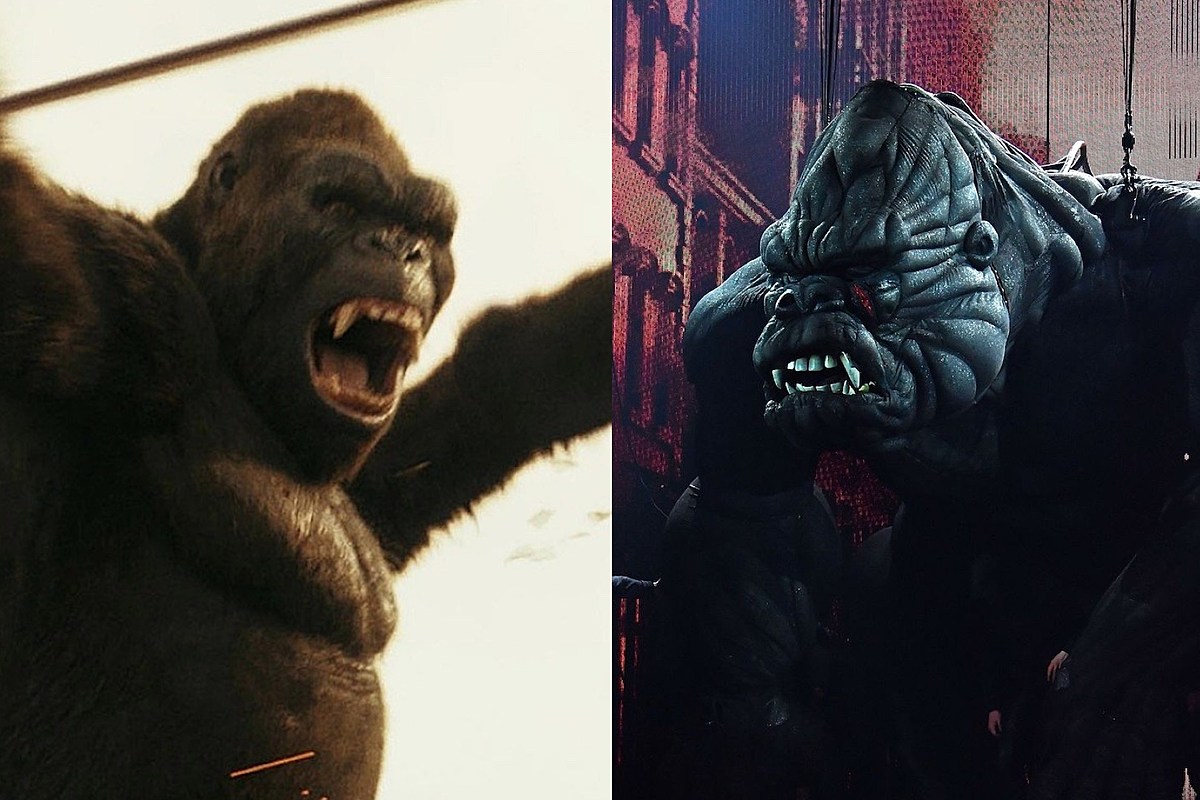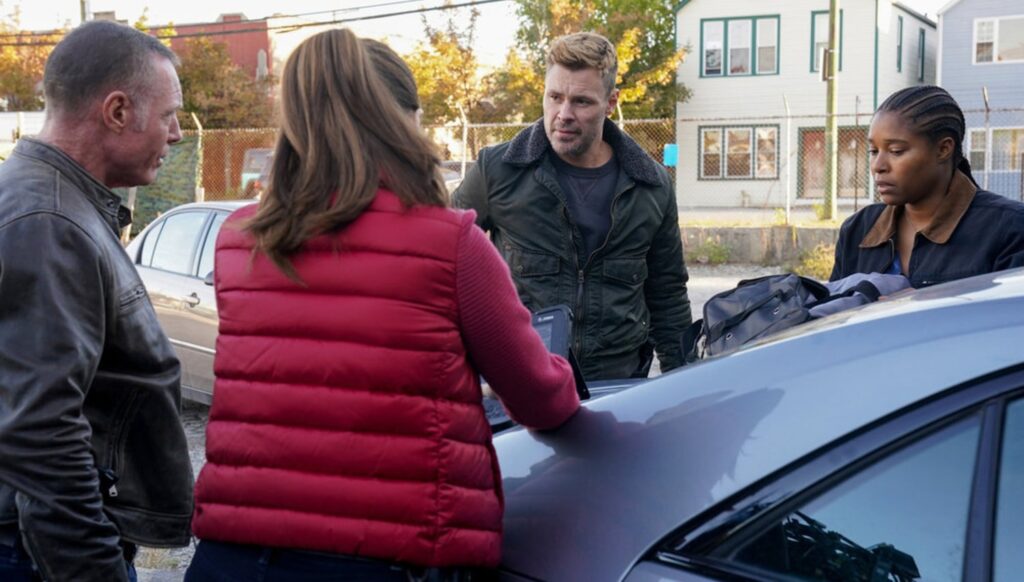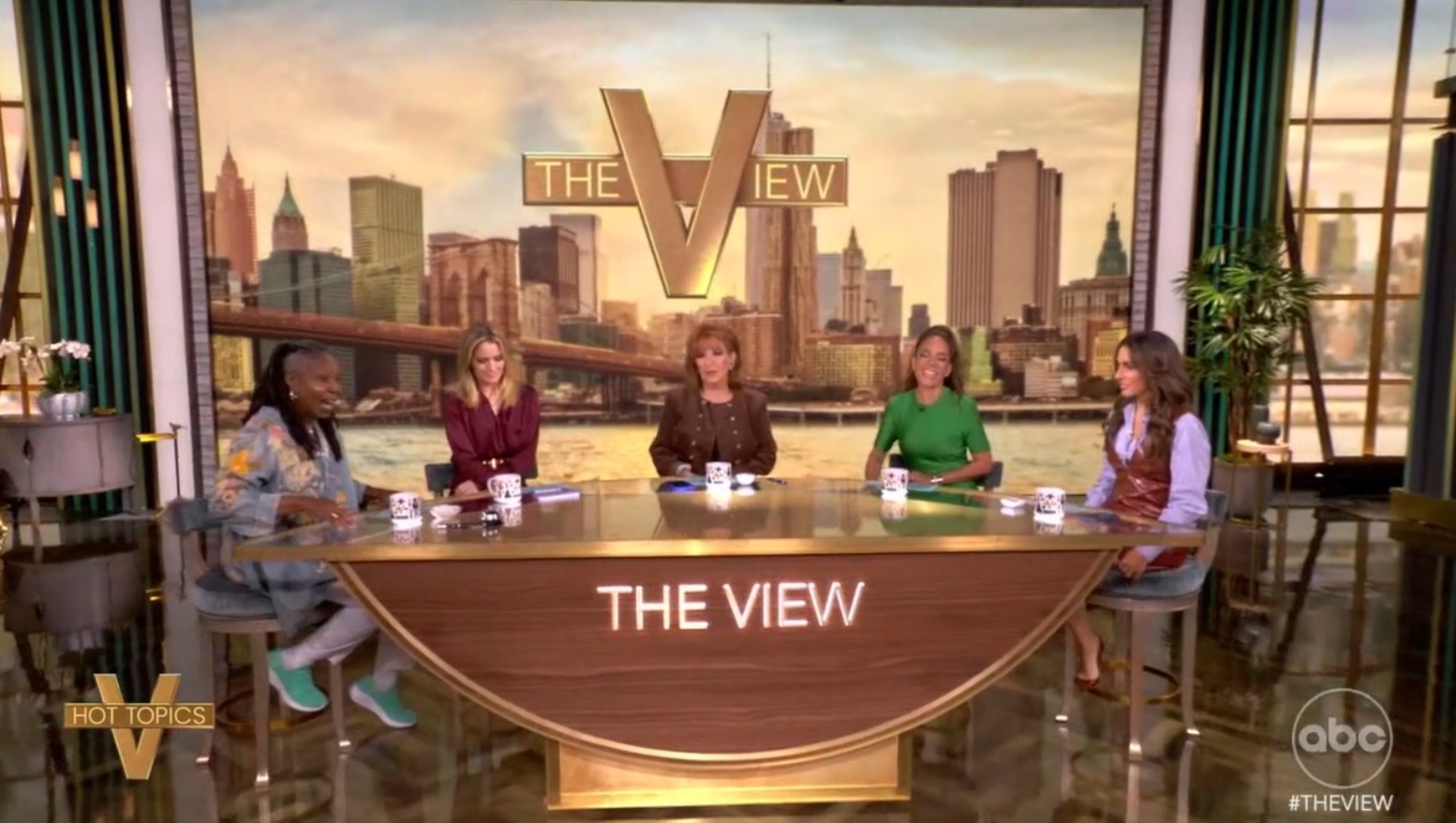
The Broadway play listings increasingly look like the library of a streaming service. There are currently Broadway shows inspired by Aladdin, Back to the Future, The Lion King, Moulin Rouge!, New York, New York, and Some Like It Hot, with loads more in various stages of development. (The Devil Wears Prada? National Lampoon’s Vacation? High Noon? La La Land? The Queen of Versailles? Sideways? Sing Street? Thelma & Louise? (Yes, yes, yes, yes, yes, yes, and yes.)
The reason behind all these movie-inspired Broadway shows is obvious: Many of this century’s biggest Broadway hits were inspired by popular movies. Of course, some of the biggest Broadway flops — shows that lost tens of millions of dollars — were also inspired by popular movies. On Broadway as in multiplexes, recognizable brand names are no guarantee of financial success.
Case in point: These ten beloved films, which all became infamous flops on the Broadway stage. Keep scrolling for the behind-the-scenes stories — and for the jaw-dropping footage of the performances.
Almost Famous
Based on Almost Famous (2000)
Unlike a lot of the movies that will follow it on this list, Almost Famous makes a ton of sense as a musical. The original film by Cameron Crowe was sort of a rock-and-roll musical in the first place; the story of Crowe’s own coming of age as a Rolling Stone reporter following around bands all through the 1970s. Crowe himself even wrote the musical’s book. So what went wrong? Critics called the Almost Famous musical a watered-down version of Crowe’s movie, and claimed it “misses every opportunity to be the sharp, smart entertainment it might have been.��� The show opened in November of 2022 and closed by early 2023. Its title proved to be all-too accurate.
READ MORE: A Smash Musical Is Finally Coming to Broadway
Breakfast at Tiffany’s
Based on Breakfast at Tiffany’s (1961)
This show didn’t even make it to its official opening; the whole production was called off after just four previews, despite the presence of a young Mary Tyler Moore in the central role of Holly Golightly. Abe Burrows wrote the first version of the book, but after one poor out-of-town tryout, Edward Albee was brought in to rewrite the play before its second out-of-town run. That one didn’t go much better, and the material kept getting reworked over and over in the days leading up to its Broadway premiere — which technically never even happened. According to Wikipedia, when producer David Merrick called off the opening night he announced that he would prefer not to “subject the drama critics and the public to an excruciating, boring evening.”
Carrie
Based on Carrie (1976)
Technically, this legendary Broadway disaster is adapted from Stephen King’s novel and not Brian De Palma’s film version. But the same writer — Lawrence D. Cohen — penned both of these adaptations of Carrie, so it’s hard not to at least draw some connections between the two. (Audiences certainly did at the time.) But where De Palma’s Carrie became a high-school horror classic, the stage musical went down in history as one of Broadway’s biggest flops. It closed after five performances and unforgettably bad reviews. (One critic compared the play to the Hindenberg — you know, the blimp that went down in a fiery crash and led to dozens of deaths.) In recent years, though, the show has become an object of fascination in theater circles, and even garnered a small but passionate cult fanbase. An off-Broadway revival was mounted in 2012.
Dance of the Vampires
Based on The Fearless Vampire Killers (1976)
Casting Broadway’s original Phantom of the Opera Michael Crawford in another musical inspired by a Gothic horror tale sounds like a slam dunk. Instead, Dance of the Vampires, drawn from Roman Polanski’s horror comedy The Fearless Vampire Killers, became one of Broadway’s most notorious airballs, squandering a $12 million investment and closing after 56 very poorly received performances. (The New York Times’ Ben Brantley said it was “an enterprise to be associated with only under the veil of anonymity” with “moments that climb into the stratosphere of legendary badness.” Ouch.)
Donnybrook!
Based on The Quiet Man (1952)
John Ford’s lush Irish romance The Quiet Man served as the basis for this floridly titled musical, which starred Art Lund and Joan Fagan. The show suffered through cast changes and closed after less than two months on Broadway. Interestingly, Donnybrook! was identified as part of a growing trend toward movie adaptations on Broadway; in 1961, the Times wrote that Donnybrook! (which followed shows based on The Captain’s Paradise, Lilli, and Hail the Conquering Hero) was seen as evidence of “the increasing dependence on Hollywood has depressed many traditionalists, who see in it one more piece of evidence of the theatre’s failing creativity.” Apparently some things never change…
King Kong
Based on King Kong (1933)
Given that the climax of the original King Kong involved the massive ape being brought to a Broadway theater and then running amok through midtown, you can almost envision how a musical version might work. Almost. In practice, it’s kind of bonkers to watch people dancing for their lives as a giant King Kong puppet (which did look impressive) rampages through the theater. The show began life, far more successfully, in Australia. The musical’s story got monkeyed with during the transition to the American stage, and the final version closed after a couple hundred performances.
Leap of Faith
Based on Leap of Faith (1992)
The Steven Martin movie this musical was based on was not exactly a blockbuster in the first place, but the stage version was an out-and-out bomb that closed after only 20 official performances and reportedly lost its entire $14 million investment. Despite the presence of Broadway star Raul Esparza (and future Tony Award winner Leslie Odom Jr.) Leap of Faith failed to make audiences into believers; The New York Times called it “this season’s black hole of musical comedy, sucking the energy out of anyone who gets near it.”
Mrs. Doubtfire
Based on Mrs. Doubtfire (1993)
With its elaborate costume changes and makeup, and a dynamic lead character, Mrs. Doubtfire does seem like something that could lend itself to the stage. But after several years of development and a long Covid-related delay, the Mrs. Doubtfire musical turned into a bit of a misfire, with underwhelming songs and a dated premise. In a very negative review, The New York Times claimed it “simultaneously tries to replicate an outdated story and update it for the times” and “only ends up cowering in the original film’s shadow.”
The Red Shoes
Based on The Red Shoes (1948)
The Red Shoes is widely regarded one of the greatest movies ever made. The Broadway adaptation is widely regarded as … not on that level. It closed less than a week after its opening night in 1993, following a series of behind-the-scenes upheavals and uniformly negative reviews from critics. (Sample line: “Except for the toe shoes of the women in the corps de ballet, the show is pointless.”) Maybe the most surprising part of the whole debacle is that The Red Shoes marked the Broadway directorial debut of Stanley Donen, the director behind such great movie musicals as Singin’ in the Rain and It’s Always Fair Weather. Then again, as this list proves quite conclusively, there is quite a difference between movies and stage plays.
Spider-Man: Turn Off the Dark
Based on Spider-Man (2002)
Maybe it’s overstating things to claim the Spider-Man musical was “based” on the Sam Raimi movie. It certainly drew plenty of inspiration from the original Marvel Comics too — and invented plenty of other material that didn’t come from the comics or the movies (like the character of Arachne, the woman who in Greek mythology was transformed into the first spider, and appears in Peter Parker’s dreams to encourage him to become a hero). Still, Turn Off the Dark borrowed heavily from the first Spider-Man movie in terms of its look and characterization — and it’s hard to argue that anyone would have even attempted to turn Spider-Man into the most expensive Broadway production ever mounted if the Spider-Man movies hadn’t generated hundreds of millions of dollars at the box office just a few years earlier. Despite a creative pedigree that included The Lion King director Julie Taymor and U2’s Bono and the Edge, Turn Off the Dark suffered through an incredibly bumpy development, and was the subject of endless negative media coverage. Turn Off the Dark did play on Broadway longer than anything else on this list — but it also cost so much money to run (more than $1 million a week) it was still an enormous money loser.

The Worst Movies Based On Good TV Shows
Sometimes horrible movies happen to bad television series. Here are the worst offenders.

















:quality(85):upscale()/2025/01/07/813/n/1922564/b63421d9677d72ddd6eff7.56786871_.png)





![Jordan Adetunji – KEHLANI REMIX (feat. Kehlani) [Official Video] Jordan Adetunji – KEHLANI REMIX (feat. Kehlani) [Official Video]](https://i.ytimg.com/vi/EeJ8n5PxFGE/maxresdefault.jpg)


